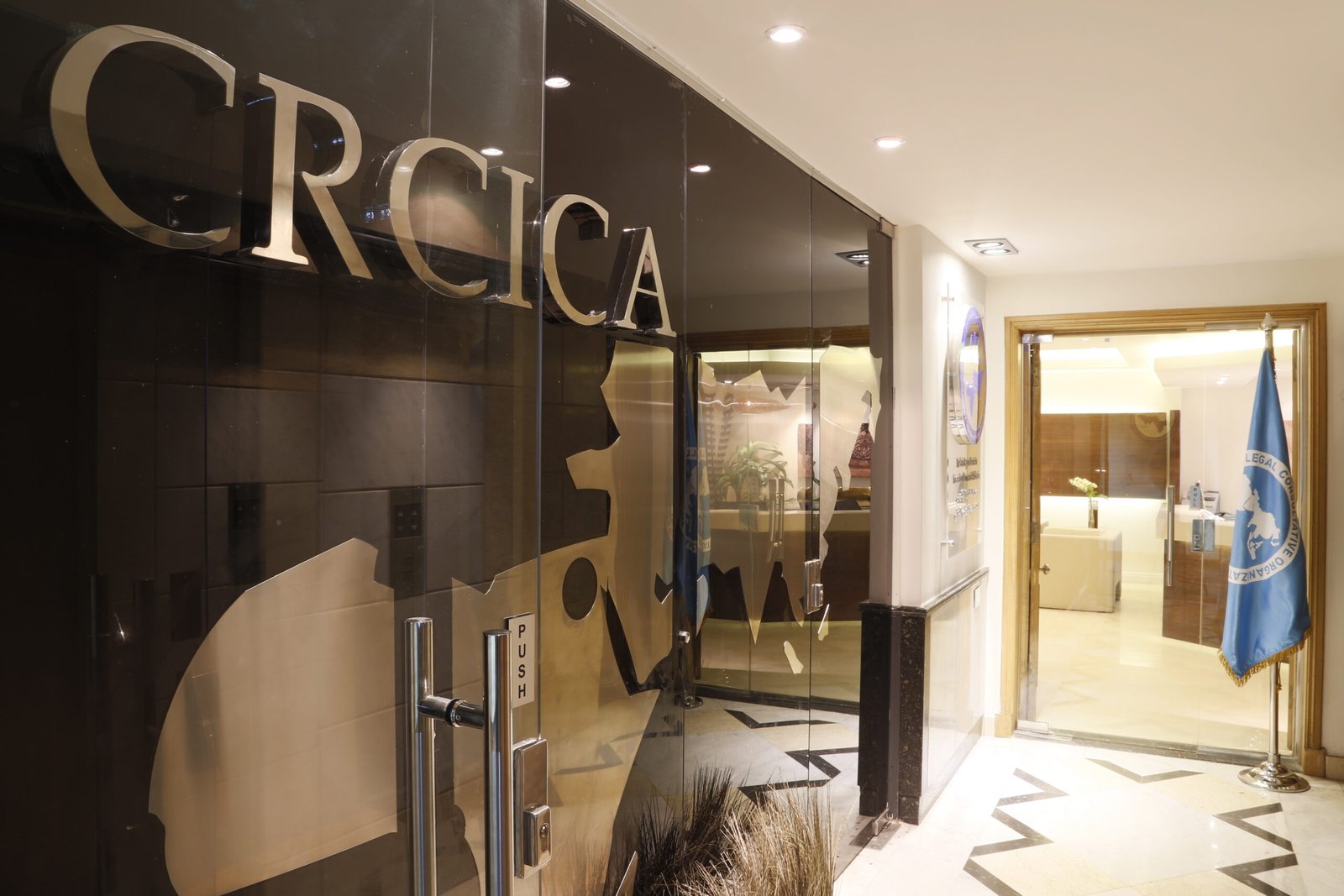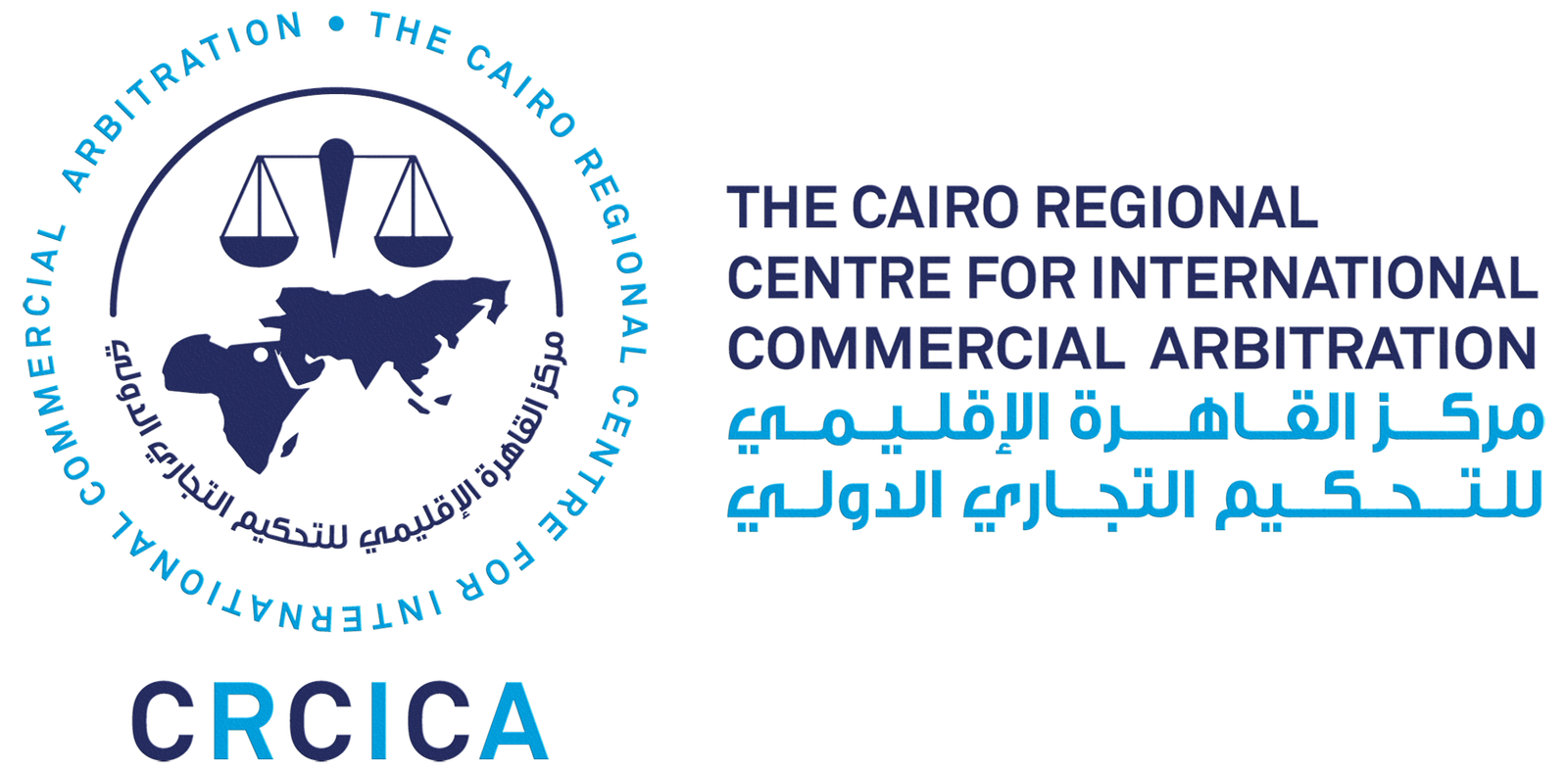Then & Now
The Cairo Regional Centre for International Commercial Arbitration (the “CRCICA” or the “Centre”) was established in 1979 under the auspices of the Asian African Legal Consultative Organization (AALCO), in performance of AALCO’s decision made at the Doha Session in 1978 to establish regional centers for international commercial arbitration in Africa and Asia, seeking to promote international commercial arbitration in the Afro-Asian area.

In 1979, an agreement was concluded between AALCO and the Egyptian Government for the establishment of CRCICA for an experimental period of three years. The AALCO and the Egyptian Government concluded a number of subsequent agreements, including for the permanent functioning of the Centre in 1983, for financial support in 1986, and a Headquarters Agreement in 1987 permanently providing the Centre with the status of an independent international organization in Egypt. Pursuant to these agreements, CRCICA continued to function after the experimental period for two additional similar periods, after which it was granted its permanent status.
Further to the recognition of CRCICA’s status as an international organization by the Headquarters Agreement of 1987 as well as by the subsequent Egyptian Presidential Decree No. 399/1987, the Centre, its branches, and its staff were endowed with all necessary privileges and immunities ensuring their independent functioning.
Over the course of more than four decades, CRCICA has operated continuously in Egypt as an international arbitration centre, enjoying full financial autonomy, with a firmly stable financial position.
Today, CRCICA stands as Egypt’s premier arbitral institution, a leading arbitral institution in the Middle East and in Africa, and ranks globally among prominent arbitral institutions – as a marked contender for the first choice of institution in Africa and the Middle East.
CRCICA is first and foremost an arbitral institution, which operates in furtherance of the
following objectives:
– Providing effective dispute resolution solutions to its users;
– Providing world-class arbitration services;
– Enabling access to arbitration by offering arbitral services at a competitive cost leading to a cost-effective arbitral process;
– Promoting arbitration and ADR culture as preferred dispute resolution mechanisms;
– Advancing the understanding of arbitration and other ADR mechanisms within the region;
– Promoting arbitration and other ADR techniques in the Afro-Asian area through the organization of international conferences and seminars, as well as the publication of researches serving both the legal and business communities;
– Contributing to enriching the progress of the economic development scheme in the African and Asian countries;
– Helping settle trade and investment disputes through arbitration and ADR proceedings;
– Contributing to enhancing stability in the business and investment communities;
– Facilitating the exchange of knowledge in relation to the field of arbitration and ADR; and
– Supporting the development of legal education to enhance law students’ skills and knowledge in the field of arbitration and ADR.
CRCICA offers the following services in relation to arbitral or ADR proceedings and process encompasses the following:
– Administering domestic and international arbitrations as well as ADR techniques under its auspices;
– Providing institutional arbitration services according to CRCICA’s Rules or to any other ad hoc arbitration rules agreed upon by the parties;
– Providing ad hoc arbitration with necessary technical and administrative assistance at the request of the parties;
– Coordinating with, and providing assistance to, other arbitral institutions – including through the use of CRCICA’s hearing facilities and breakout rooms by parties in cases that it does not administer – particularly those arbitral institutions existing within the region;
– Providing advice to the disputants regarding the implementation of the Rules;
– Providing advice to parties to contracts with respect to any modifications to the CRCICA’s model clause; and
– Providing assistance to the parties in complying with the required formalities for the enforcement and translation of arbitral awards or other post-arbitral proceedings.
CRCICA engages in the following activities, not directly related to the conduct of arbitral or
ADR proceedings, including the following:
– Capacity building of international arbitrators and legal scholars from the Afro-Asian area by organizing training programs and workshops in cooperation with other institutions and organizations;
– Conducting and publishing statistics relating to CRCICA’s activities;
– Providing assistance to other entities, including the use of the CRCICA Conference Section, infrastructure, and other facilities – in relation to the promotion of arbitration and capacity building;
– Providing support to arbitration moot activities of local universities;
– Sponsoring the student activities related to arbitration and development of legal capabilities;
– Conducting and publishing academic and practical researches and studies; and
– Providing access to its comprehensive library specialized in arbitration and ADR, which offers thousands of books, collections of law journals, and a database centralizing all the arbitral awards as well as court decisions of relevance.



